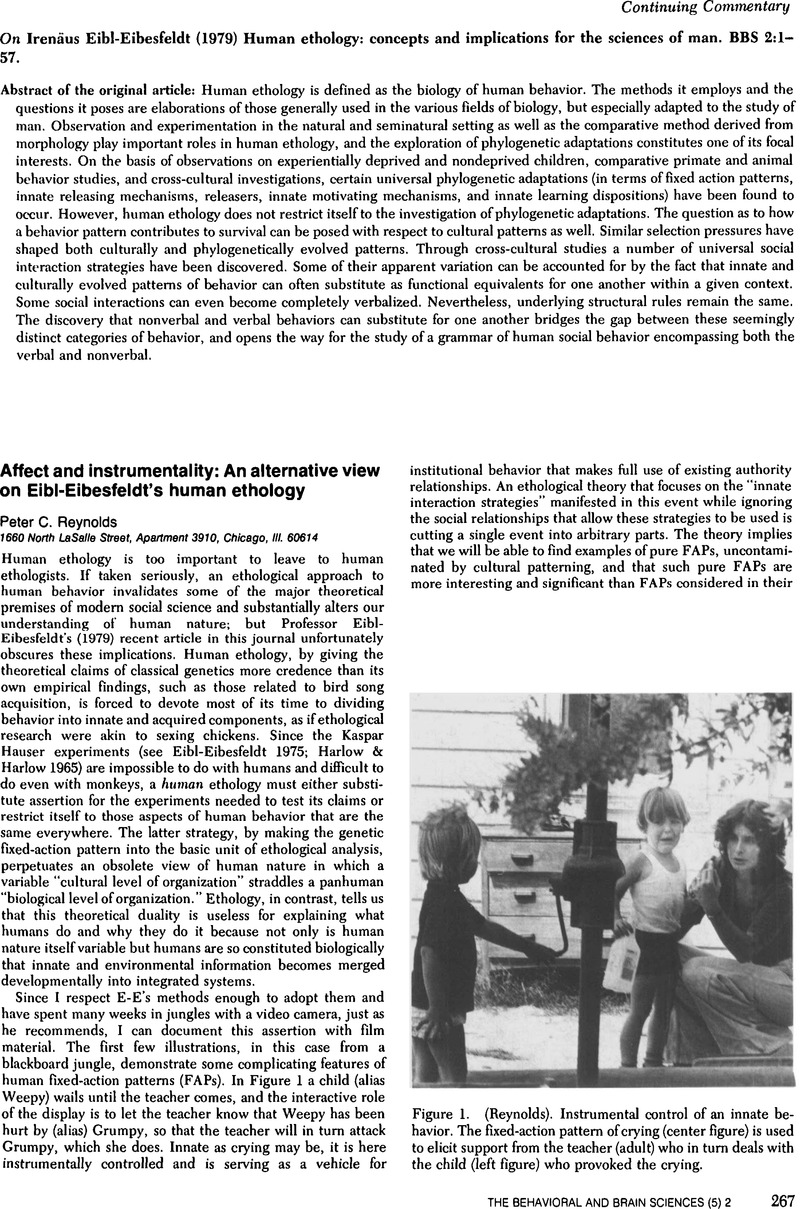Crossref Citations
This article has been cited by the following publications. This list is generated based on data provided by Crossref.
Valsiner, Jaan
1986.
The Individual Subject and Scientific Psychology.
p.
347.


